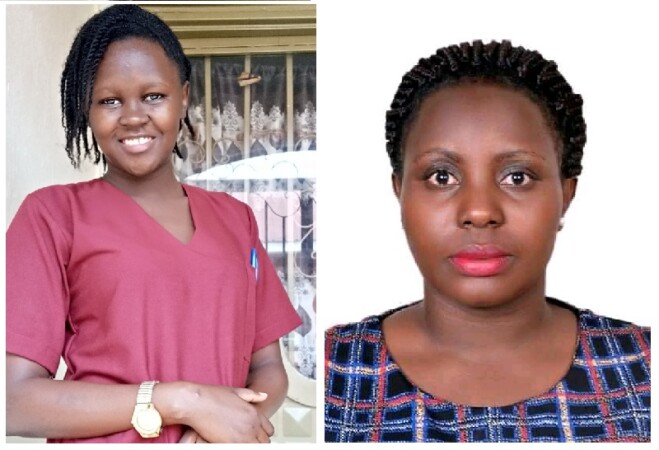“Prevention is better than cure” is a statement we often hear. It is now a fundamental principle of modern health care and is inherent within health and social care strategies worldwide which means it is easier to stop the problem than solve the problem.
Uganda has the world’s highest youngest population with over 78% of its population below the age of 30 years. According to the latest World Bank report, Uganda is making strides economically, however, it is still facing significant challenges in meeting its young people’s needs today and their challenges tomorrow as its population continues to grow gradually every year.
While adolescents constitute the highest demographic segment in Uganda, their access to sexual and reproductive health information and services is still limited. It is therefore necessary for the country to engage with this significant portion of the population to make it easier for them to fulfill their full potential and address their health needs. Many of these adolescents and youth face many sexual and reproductive health challenges amongst other challenges such as unemployment, mental health issues, drug, alcohol and substance use and abuse, crime, family problems, low participation in secondary education and many others.
However, there are also other various sexual and reproductive health challenges that the adolescents and their families deal with such as; teenage pregnancies, unwanted pregnancies, defilement, complicated childbirths and unsafe abortions often requiring emergency obstetric care which may not be easily available to them. These have resulted in further complications like; contracting sexually transmitted infections (STI`s) like HIV/AIDS, human Papilloma Virus (HPV) and even death.
Health services for young people need to now move beyond adolescent pregnancy and STIs such as HIV/AIDS to address the full range of adolescents’ health and development needs. This is because as these adolescents transition to adults, they undergo many physical, physiological and psychological changes and most times consider themselves grown up and mature enough to engage in sexual activities when they have little or no information regarding their body changes, sexual intercourse and its effects or any impact of their habits. In addition, they do not reveal their reproductive health problems and tend not to use the healthcare services they actually need.
Mass sensitization using various platforms such as radios, televisions, newspapers, social media platforms and many others have been identified as of the key strategy to equip young people with sexual and reproductive health information. Accurate and accessible sexual reproductive health education from young ages before adolescent changes commence as well as equitable higher education is vital. It is thus important to empower these adolescents with accurate and timely sexual and reproductive information which can help them make better and informed decisions and act more responsibly. In the long run, this would benefit the families, community and nation at large.
We appreciate the great work done by the Ministry of Health (MoH) in promoting and strengthening adolescent sexual and reproductive health. Identified measures include; integrating and implementing adolescent health in school programmes, increasing adolescent friendly reproductive services in health facilities and hospitals, availing updated and accurate education and information on adolescent health to young people using various media platforms.
The MoH and various non-government organisations are further training health service providers in adolescent health, being accessible and respecting adolescent sexual health rights and being non-judgemental to adolescents, providing equitable access to comfortable health facilities with assured privacy and confidentiality. With continuous implementation of these measures, we are optimistic about the future improvement in adolescent sexual and reproductive health in Uganda at all levels.
The authors are; Obeny Jackie Patience; – BSc trained Midwife working with Gulu Regional Referral Hospital and
Lilian Nuwabaine; – BSc Nurse & MSN-Midwife & Women’s’ Health Specialist working with Aga Khan University as the Continuous Professional Development Coordinator
If you would like your article/opinion to be published on Uganda’s most authoritative news platform, send your submission on: [email protected]. You can also follow DailyExpress on WhatsApp and on Twitter (X) for realtime updates.



